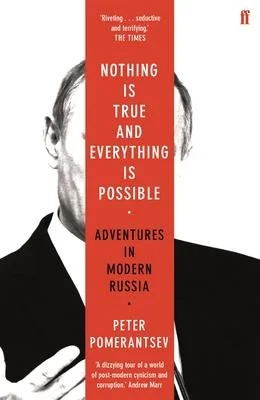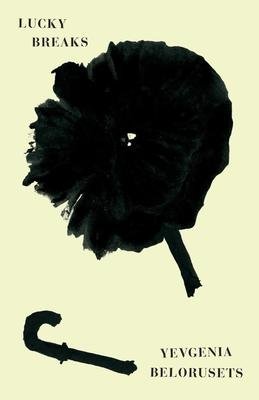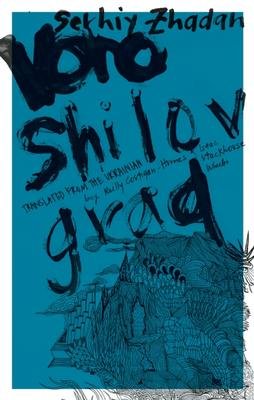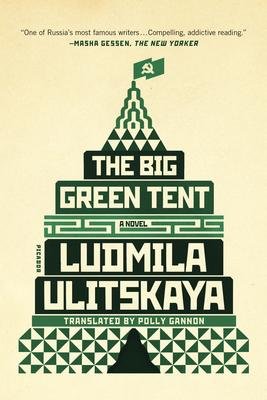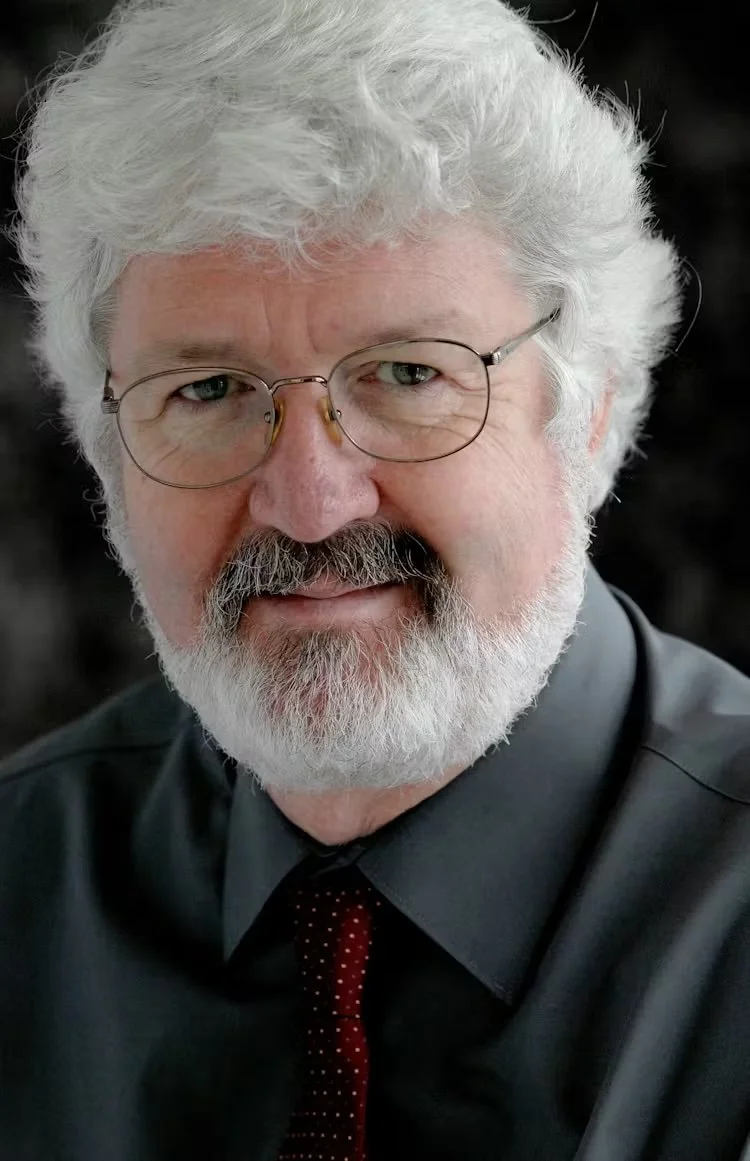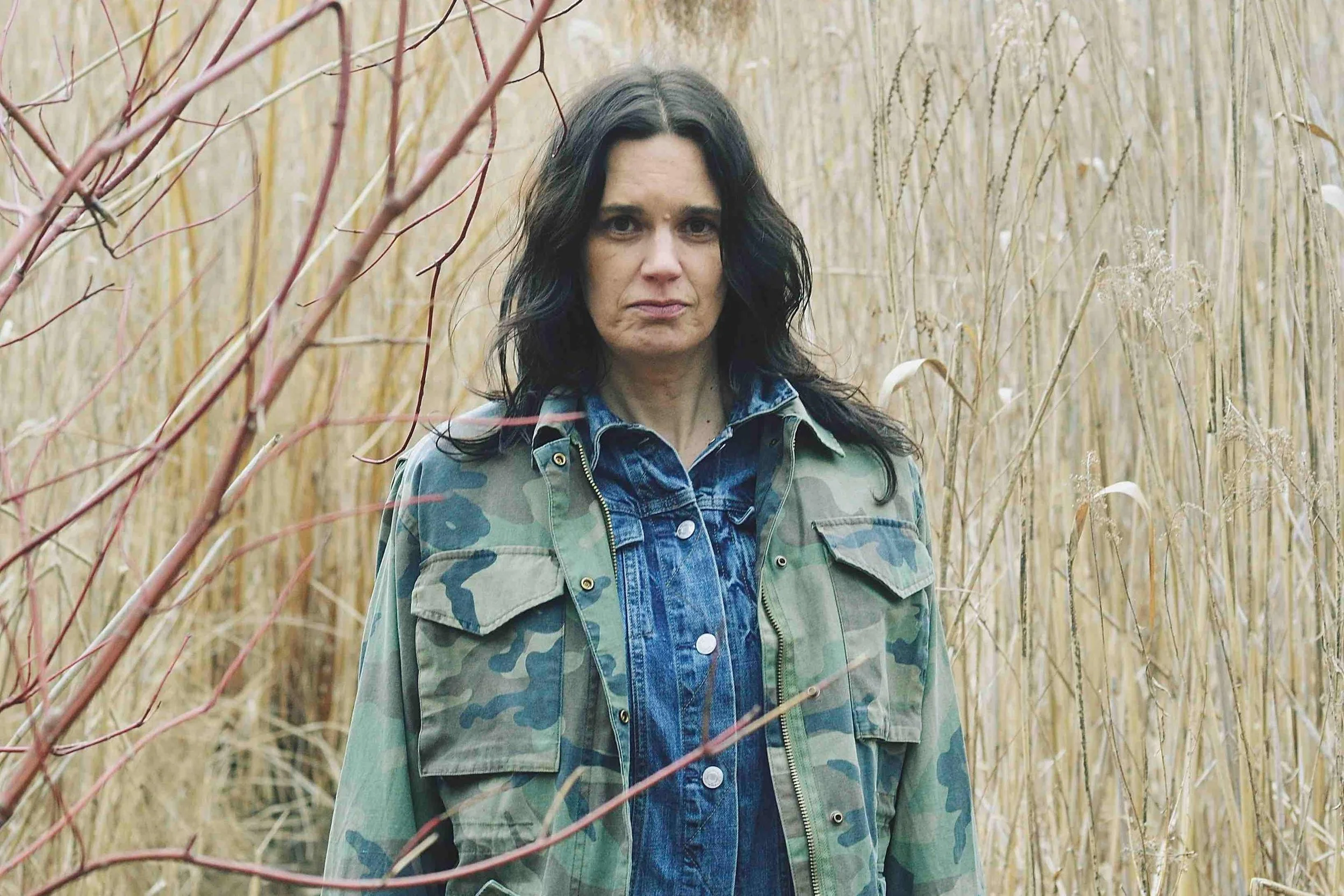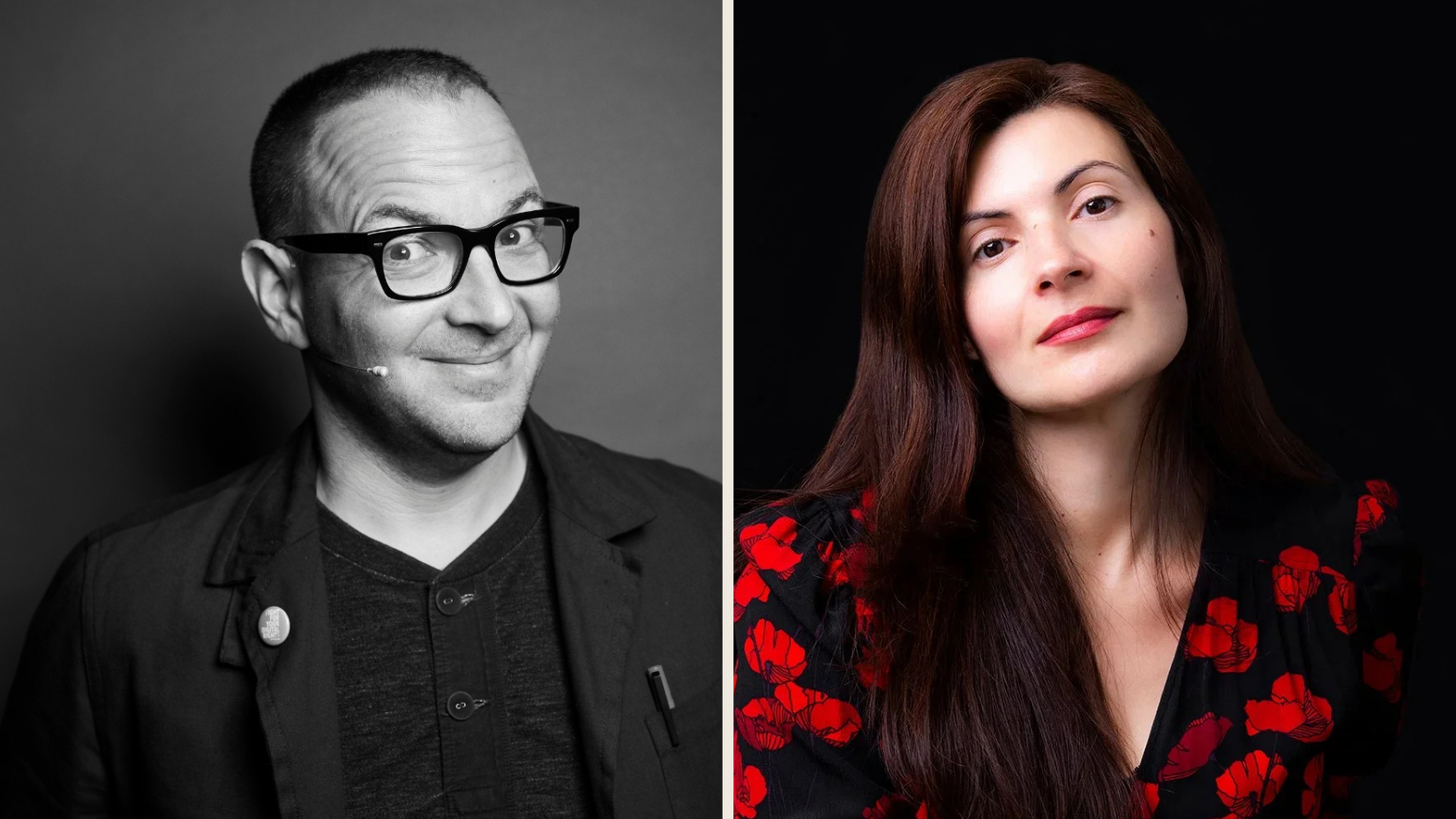Reading List: Books by Ukrainian, Russian, and Eastern European authors that inform and galvanize in the face of war
Transcendent works help us further understand the people experiencing violence in Ukraine, and the regime behind it
THREE MILLION PEOPLE and counting now refugees, fleeing war. Cities razed. Thousands dead. We look on as devastation mounts from Russia’s invasion of Ukraine. And, between donating, supporting refugees, and protesting, there is something else we can do from afar. We can read. Some of the greatest works we know today are as a result of samizdat, the “self-publishing” or underground publishing of dissenting literature, poetry, and writings during the Soviet era. Sharing ideas continues to be one of the most powerful forms of protest we have for the long-term.
Here are just some of the transcendent works by Ukrainian authors, Russian writers and political commentators which help us further understand the people experiencing such violence, and the regime behind it.
Lucky Breaks by Yevgenia Belorusets (New Directions)
An example of a book’s prescience only increasing with time, Lucky Breaks is a collection of powerful fictional stories about women amidst the shadow of the war in the impoverished coal regions of Ukraine: the Donbass, where Putin began his invasion in February. As a writer, journalist, and a photographer, Belorusets seems to encompass the stories of thousands of women in these short vignettes about the personal cost of war—and what happens in its aftermath. We are pulled into the ordinary lives of anonymous women: a florist, a cosmetologist, card players, readers of horoscopes, the unemployed, each shared with profound Gogolian irony. Read this as an ode to the strength of women in the face of war and its aftermath.
Voroshilovgrad, by Serhiy Zhadan (Deep Vellum)
Zhadan is one of Ukraine’s most celebrated writers, with myriad accolades and books published in various languages across Europe. If you are looking to begin understanding the modern Ukrainian canon, start here. Voroshilovgrad, the Soviet era name for Luhansk, explores life in the bleak, industrial landscape of eastern Ukraine. Newsweek calls this “Trainspotting set against a grim post-Soviet backdrop” but we ask you not to think of this is anything short of a sublime, deeply mythological work, just as the Times Literary Supplement does: “Zhadan’s language is suitably elastic, swinging from the tough, streetwise irony of a Ukrainian Irvine Welsh to flights of ebullient poetry more reminiscent of Bruno Schulz.” Original and magnificent.
The Big Green Tent, by Ludmila Ulitskaya (Picador)
Three boys meet as school friends in Moscow in the 1950s. An orphaned poet, a gifted pianist, and a photographer, they each struggle to reach adulthood in a society where their heroes are disappeared, exiled, or censored. Ludmila Ulitskaya is an activist as well as one of the most celebrated writers in Russia; an academic and author of exceptional breadth and rigour. This is an epic work, one which interrogates politics, love, and integrity—and questions the possibility of individual agency in a country controlled by the KGB. It’s been named a must-read by the likes of New York Magazine and Bustle. Add this one to your list, then find out more about Ulitskaya’s remarkable career.
Deaf Republic, by Ilya Kaminsky (Graywolf Press, pictured at top)
Sometimes there are poetry collections that you want to press into hands; slim volumes that feel like required reading to further access our humanity. Deaf Republic is one of those books. A finalist for just about every major literary award there is (National Book Award, PEN, LA Times, and National Book Critics Circle to name just a few), it reads as a page-turner. In an occupied country during a time of political unrest, the last thing citizens hear is a gunshot that kills a deaf boy. Now deaf themselves, the citizens must coordinate their dissent by sign language. Kaminsky asks questions we cannot turn from: What influence does community have in the face of violence; what responsibilities do we have to speak up; what power comes from disability? We urge you to read this.
Nothing Is True and Everything Is Possible, by Peter Pomeranzev (Faber & Faber, pictured at top)
Peter Pomeranzev is one of the foremost writers about Russia, whose incisive work has appeared in publications around the globe. When this fascinating work launched in 2017, it was met with a flurry of praise and varying adjectives: fizzingly impressionistic, disturbing, mesmerizing, seductive, electrifying… You get the picture. The subject matter is as intriguing as it is terrifying: the rapidly evolving form of authoritarianism in Putin’s Russia and the post-modern approach to elitism and propaganda.
This list is only the beginning. We haven’t shared Fieldwork in Ukrainian Sex by Oksana Zabuzhko, Putin’s People by Catherine Belton (Picador), Good Citizens Need Not Fear by Maria Reva (Knopf) or dozens of others, some of which are available in English and in North America. A larger list of Ukrainian authors and contemporary, Russian political writers can be found here.



